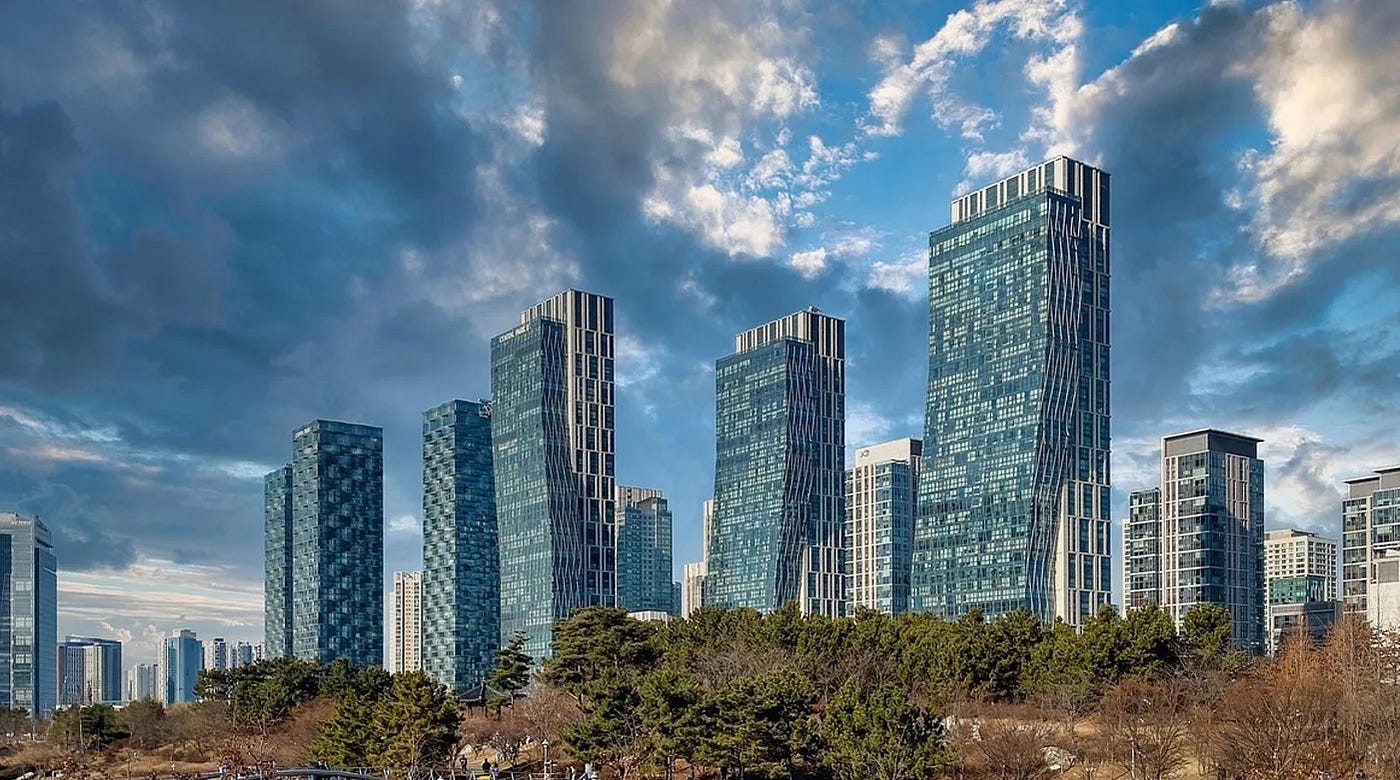
I’m reposting my recent article in Branding in Asia.
Currently, FDIs in many markets are experiencing a global decline in funding. So, what are the best approaches markets should take for FDI 2024?
Foreign direct investment has become a cornerstone for governments and corporations looking to stimulate and sustain business growth. Foreign direct investment plays an important role on a macroeconomic and microeconomic level. We define foreign direct investment (FDI) as investment made by a company in one country into another country’s business or assets. FDI is a crucial aspect of international commerce, but it is also an evolving ecosystem that continues to change and develop over time.
Some key benefits of foreign direct investment include:
Economic Growth: Countries receiving foreign direct investment often experience higher economic growth by opening up to new markets, as seen in many emerging econom
Job Creation: Most foreign direct investment is designed to create new businesses in the host country, which usually translates to job creation and higher wages.
Technology: Foreign direct investment often introduces innovative technologies and creates hubs for technical expertise.
Stepping back between 2000 and 2008, the world saw an early growth phase in FDI. This was the peak time for global investment in FDI.
An Asia-Pacific (APAC) standout was South Korea’s Songdo International Business District (Songdo IBD). The project was a Joint Venture project I was engaged as a consultant and have continued to follow. Like other FDI of the period in the region, the 1997 Financial Crisis brought to the forefront the need for the APAC nations impacted to broaden their economies beyond domestic export-driven businesses
Economists recommended attracting foreign direct investments as a buffer against the potential impact of recessions and fiscal crises.
The Songdo vision in the early 2000s was to build an international business-friendly hub on the West coast of South Korea. The community with Western amenities was built on reclaimed land and covered roughly 1500 Acres complete with a Central Park, an international school, and a Jack Nichols-designed golf course–all within a short distance of the Incheon shipping port and international airport.
Over the years, Songdo IBD, now Songdo International City, has broadened beyond FDI to include residential, domestic companies, and NGOs. As part of the Incheon Free Economic Zone (IFEZ) which was created in 2003 and designated as Korea’s first free economic zone, today Songdo is one of three districts — along with Cheongna, and the airport’s Yeongjong International City.
Currently, FDIs in many markets are experiencing a global decline in funding. So, what are the best approaches markets should take for FDI 2024?
Over the years, the approach to international foreign direct investment (FDI) has evolved from a model solely focused on incentivizing foreign businesses to a more collaborative, synergistic, and dynamic ecosystem. This is observed in countries such as South Korea, Singapore, Vietnam, and Indonesia, as well as Ireland, the Netherlands, Latin America, and the Caribbean.
And, as noted by the World Bank, an exception to the downturn can be found in Greenfields–projects that require developing a new product or service from the ground up. Data shows this is the top area of FDI growth.
In turn, APAC markets like South Korea, Vietnam, and Singapore seek to position themselves as global hubs. Specifically for future industries such as bio-healthcare, smart manufacturing, high-tech finance and future robots, information and communication (IT), and artificial intelligence (AI) while making great strides in distribution, logistics, tourism, and MICE.
One takeaway does stand out — FDI is an evolving ecosystem that continues to change and develop over time.
No comments:
Post a Comment